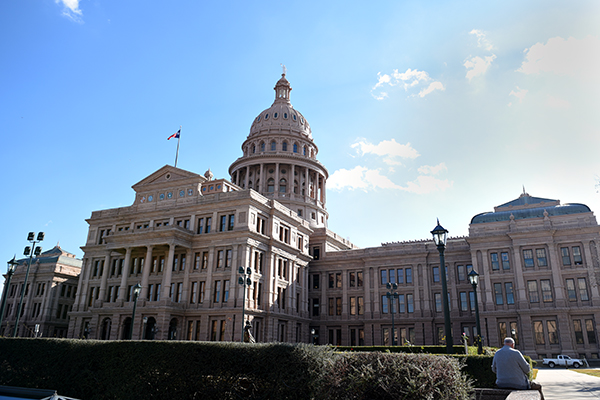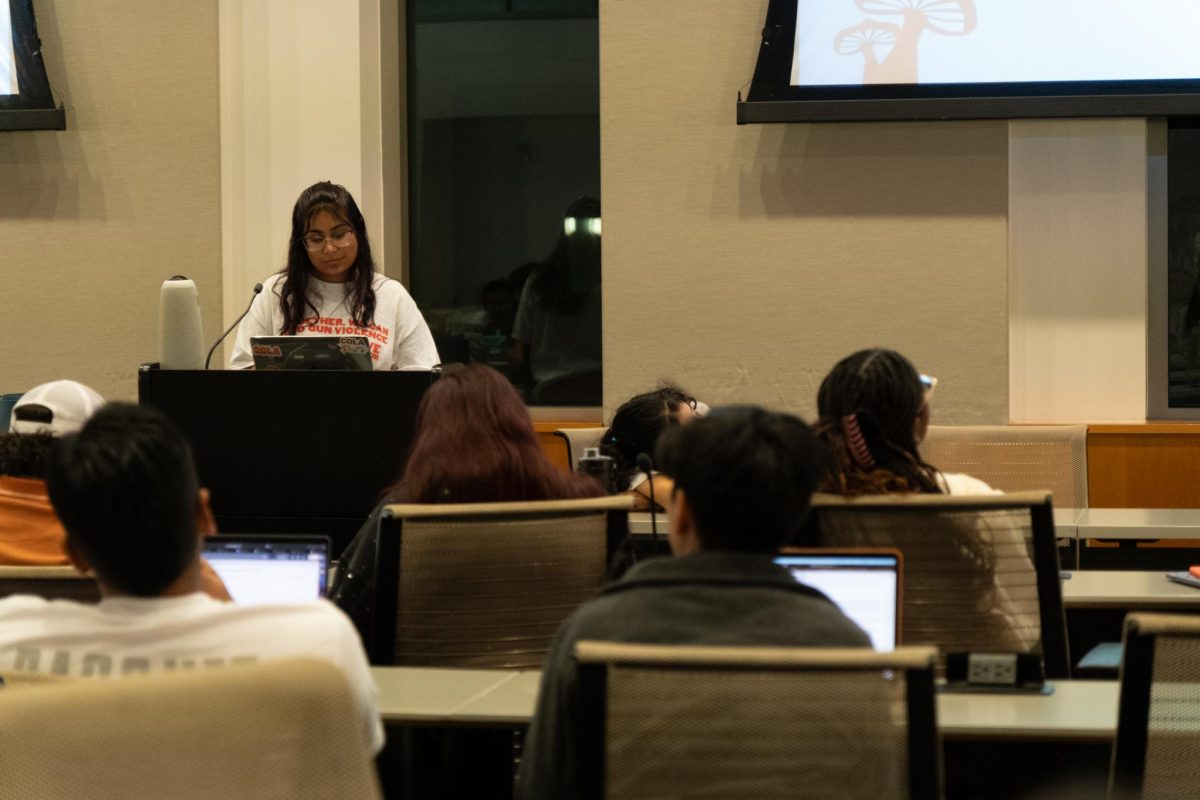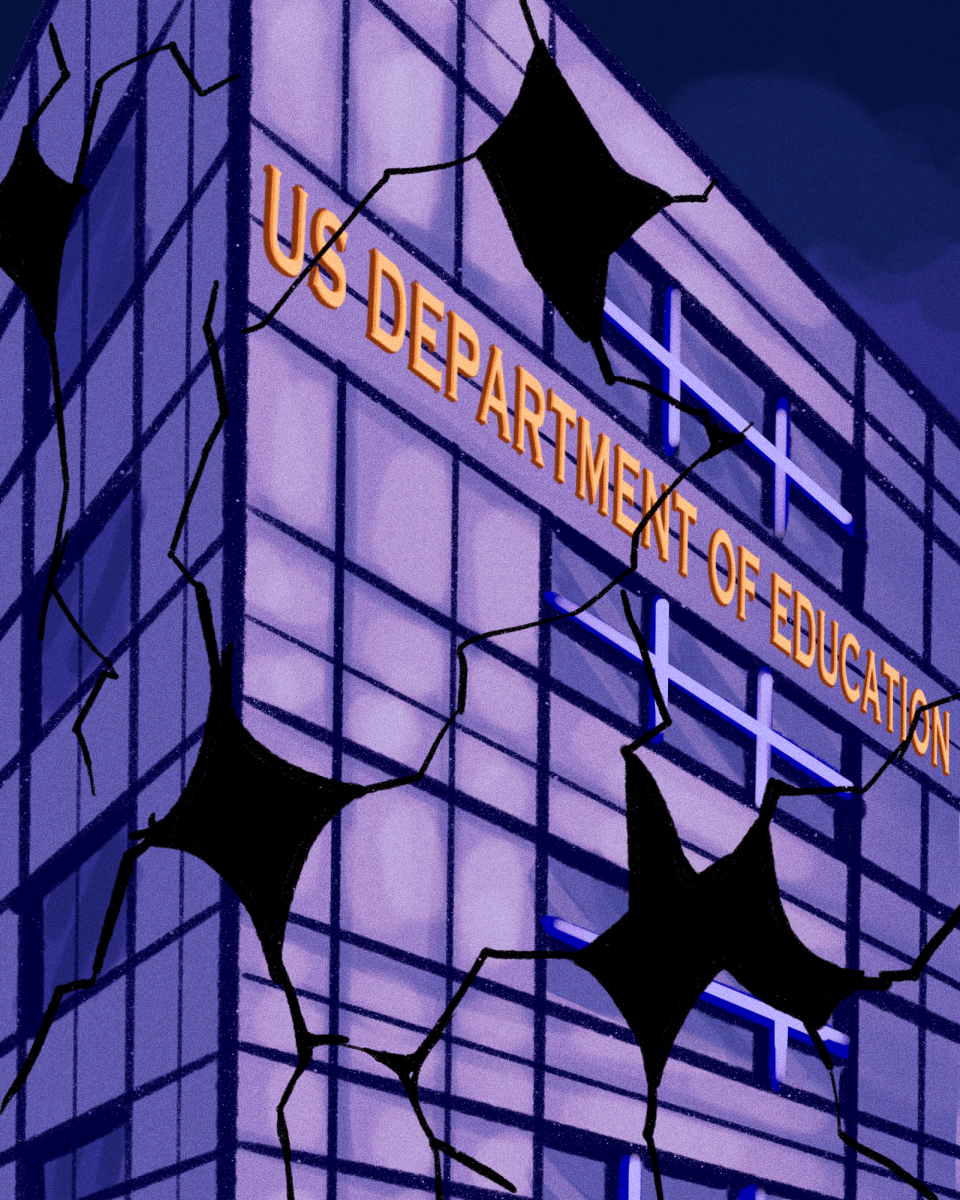The implementation of Senate Bill 17 on Jan. 1 signaled the fall of diversity, equity and inclusion practices on campus.
Because of SB 17, the University must reform hiring practices to be color-blind and sex-neutral, prohibit mandatory DEI training and rename or dissolve DEI offices, according to the UT System Working Guidance. The bill does not apply to student admissions, academic course instructions and student organizations, said law professor Randall Erben. Gov. Greg Abbott signed SB 17, considered the most significant ban on diversity, equity and inclusion in higher education in the nation, into law in June.
As a result of SB 17, various divisions and centers underwent name changes, including Events and Entertainment committee Mosaic of the Americas Culture Committee (formerly known as the Mexican American Culture Committee). The Division of Diversity and Community Engagement is now called the Division of Campus and Community Engagement.
“While we continue the work to adjust programming to meet SB 17’s requirements and reflect this change in our focus, it is important to reiterate what will not change: our Division’s commitment to fostering access and belonging,” said LaToya Smith, the vice president for the Division of Campus and Community Engagement, in a statement.
The Gender and Sexuality Center closed, with the Women’s Community Center reopening in its place. The future of other campus resources is unclear. The website for the Multicultural Engagement Center is no longer available, but the University has yet to announce whether it has been shut down or will exist in another capacity.
Zarek Merchant, the Student Government financial director, said they received a document from the University last semester informing them of any changes they had to make by Jan 1. In an attempt to be compliant, Student Government deleted any uses of the words “diversity,” “equity” or “inclusion” from their website. He said the document also flagged the Excellence Fund, a scholarship rewarding students fighting for equality and social justice, changing it to solely a financial need and merit-based scholarship.
Student Government also dissolved the Queer Trans Student Alliance agency. While not entirely dissolved, Student Government also made changes to the Women’s Resource Agency.
“That’s interesting to me because both women and members of the LGBTQ community are both protected classes, but the University wanted us to change one (agency), but wanted us to shut down the other completely, which to me seems targeting and exclusionary,” Merchant said.
Student Government also restructured and renamed their Diversity, Equity and Inclusion agency to the Community Engagement and Advocacy agency, said William Ramirez, the Student Government vice president.
“It just sucks that a couple of legislators thought a group of students of color coming together and creating safe spaces for each other was a threat,” Ramirez said.
A press release from Senator Brandon Creighton, who authored the bill, said the hundreds of employees and millions of tax dollars poured into diversity, equity and inclusion offices have failed to increase diversity.
“With this bold, forward-thinking legislation to eliminate DEI programs, Texas is leading the nation, and ensuring our campuses return to focusing on the strength of diversity and promoting a merit-based approach where individuals are judged on their qualifications, skills and contributions,” Creighton said in the statement.
Erben said if the University does not comply with the bill, Texas will remove all state funding.
Editor’s note: A previous version of this story misattributed the “Excellence Fund” as the “Endeavor Fund” and omitted the financial need component of the scholarship. The Texan regrets the error.




















